The Folkloresque
Reframing Folklore in a Popular Culture World
Edited by
Michael Dylan Foster
Jeffrey A. Tolbert
Utah State University Press
Logan
2016 by the University Press of Colorado
Published by Utah State University Press
An imprint of University Press of Colorado
5589 Arapahoe Avenue, Suite 206C
Boulder, Colorado 80303
All rights reserved
Manufactured in the United States of America

The University Press of Colorado is a proud member of The Association of American University Presses.
The University Press of Colorado is a cooperative publishing enterprise supported, in part, by Adams State University, Colorado State University, Fort Lewis College, Metropolitan State University of Denver, Regis University, University of Colorado, University of Northern Colorado, Utah State University, and Western State Colorado University.
The paper used in this publication meets the minimum requirements of the American National Standard for Information SciencesPermanence of Paper for Printed Library Materials. ANSI Z39.48-1992
ISBN: 978-1-60732-417-1 (paperback)
ISBN: 978-1-60732-418-8 (ebook)
Cover art by Faryn Hughes
CIP data for this title can be found at the Library of Congress
Acknowledgments
This volume was born through collaboration and conversation. In 2010, during a graduate seminar at Indiana University, the two of us (Tolbert a student in the course, Foster the professor) discovered we had both been exploring a similar set of ideaswhat we are calling the folkloresque. We were approaching issues from different directions and with radically different examples in mind, but both of us felt that a great deal could be learned from studying the ways in which popular culture uses, understands, and interprets folklore. In the ensuing years, independently and together, we mentioned our developing ideas to others, many of whom found them as exciting and potentially fruitful as we did. Finally we decided to put our thoughtsand those of otherstogether in an edited volume.
Most of the contributors to this text are trained in folkloristics but embrace an interdisciplinary approach, employing theory from related disciplines to explore how creators and audiences of popular culture understand concepts such as folklore and tradition. Working with different contributors as we put the volume together drove home to us the relevance and resonance of what we were doing, but also reminded us how disparate our understandings of the relationship between folklore and popular culture can be; the book is a collaborative effort, but its chapters and ideas are by no means in lockstep with each other. We present them rather as part of a conversation that we hope others will continue. We also hope that the folkloresque will penetrate beyond folklores disciplinary boundaries to engage all readers interested in the contact zone of popular and folk cultures and to encourage genuine collaboration between scholars who have been working on the same issues but not necessarily talking to each other about them.
We are deeply indebted to Michael Spooner of Utah State University Press, whose enthusiasm for the project inspired us every step of the way and whose sensible advice kept us on track. Two anonymous readers of the manuscript provided invaluable feedback on the book as a whole and on individual chapters. The final product is much improved because of their insightful comments.
Earlier versions of several chapters (those by Blank, Evans, Buterbaugh, Foster) were presented at the 2014 annual meeting of the American Folklore Society in Santa Fe, New Mexico. The audience at our session was extremely encouraging, reminding us once more that many other scholars are exploring similar issues in complementary ways. We thank the audience members for their insightful questions and comments, and for their enthusiasm. We also want to extend our sincere gratitude to colleagues and friends in the Department of Folklore and Ethnomusicology at Indiana University, particularly Diane Goldstein. In addition to all of our collaborators, many others supported our work throughout, both individually and collectively; we especially thank Mitsuko Kawabata, Dylar Kumax, and Michiko Suzuki. We are also grateful to Laura Furney of University Press of Colorado for shepherding us painlessly through the production process, and to Robin DuBlanc for her precise and thoughtful copyediting.
Michael Dylan Foster
Jeffrey A. Tolbert
The Folkloresque
Introduction
The Challenge of the Folkloresque
MICHAEL DYLAN FOSTER
In 2005, I was invited to give a lecture about the exceedingly popular Japanese animated film Spirited Away (2001). Specifically, I was asked to explain the Japanese folklore in the movie. Chock-full of deities and demons, physical transformations, ritual purifications, and magic spells, the story feels as if it has been told before, as if the events and characters are adapted from age-old narratives and beliefs. But when I sat down to prepare my lecture, I was at a loss. Where was the folklore in the movie? The filmmakers were clearly influenced by Japanese (and European) folklore, and it was a pleasure to puzzle out some of the allusions. But these allusions were fuzzy: characters and actions on the screen pointed only vaguely, if at all, to actual referents outside the film. Similarly, although the narrative structure itself felt resonant, it too did not directly reference any specific tales but seemed a skillful cobbling together of many. In short, the film was infused with a folklore-like familiarity and seemed weighty because of folkloric roots, but at the same time it was not beholden to any single tradition.
Of course, the movie itself is not folklore. As a commercially created product, it exists in a fixed form that neither exhibits variation through time and space nor changes with each performance. Like most commercial films, it was shared with people through formal, institutional channels rather than the informal, person-to-person modes most commonly associated with folklore. And although the narrative and imagery of Spirited Away may be influenced by myths, legends, folktales, and beliefs, the film is by no means a retelling of traditional narratives. At the same time, however, neither is it wholly fictional or invented from scratch. Indeed, when I finally gave my lecture, I found myself struggling for appropriate language to describe this subtle but compelling phenomenon in which folklore is vaguely referenced for its power to connect to something beyond the product itself. How can we characterize the hazily allusive quality that infuses certain popular creations, this sense of folklore? As I prepared my lecture, the word that struck me as most appropriate was folkloresque.
In the years since that lecture, the folkloresque has haunted me. Conspicuous uses of folklore within popular culture are pervasive, perhaps even more so (or at least more noticeable) with the recent proliferation of new media platforms and other technological advances. In discussing the folkloresque with colleagues and students, I discovered that the idea resonated with others in ways I had not conceived of myself, and that it might provide a meaningful heuristic for broadening our understandings of both folklore and popular culture and the symbiotic relationship between the two. In the pages that follow, I attempt to delineate this emerging concept and also try to plant some theoretical seeds with the hope that they will flourish or mutate in the work of others.


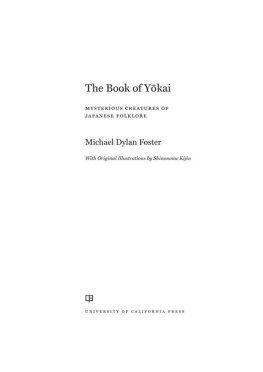
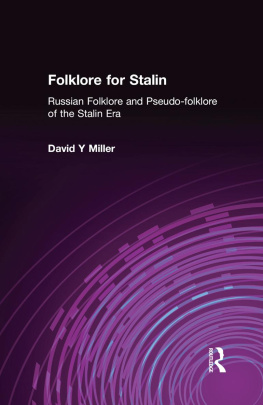
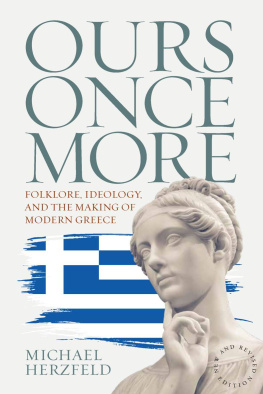
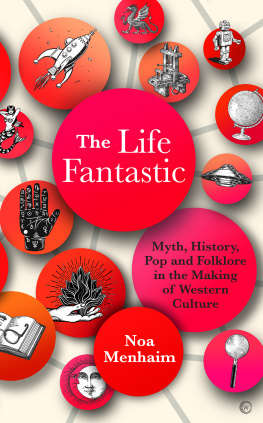
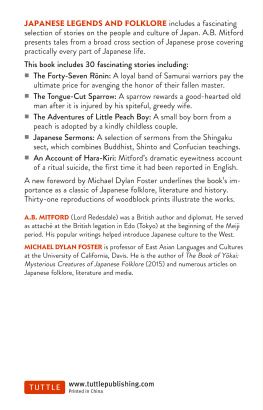
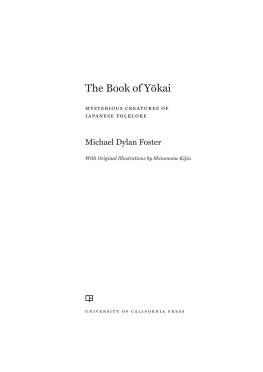
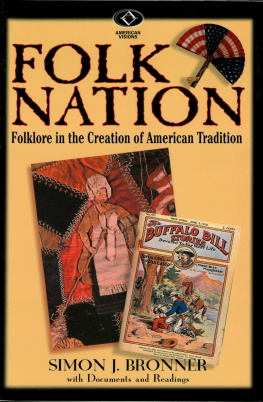

 The University Press of Colorado is a proud member of The Association of American University Presses.
The University Press of Colorado is a proud member of The Association of American University Presses.